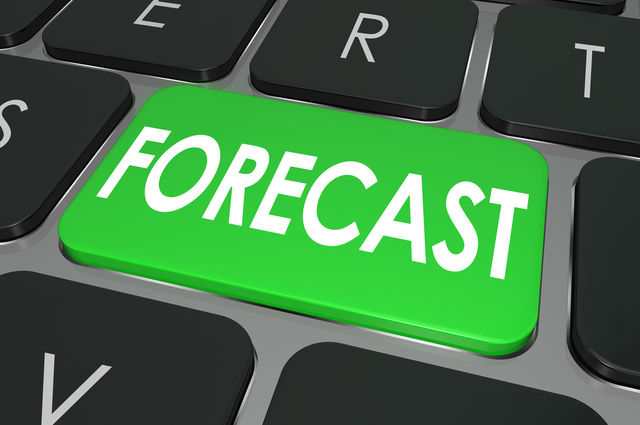Has forecasting become a lost art?
10 experts shared their view
Robert Cross, the de facto Godfather of Revenue Management, stated "…everything starts with a day by day, segment by segment forecast", yet many hoteliers no longer produce one as part of their strategic process. Most of today's advanced revenue management systems do not generate one, instead of leaving the user to rely on a total hotel forecast and to trust the "black box" for the details.
Should hotels be producing a detailed long-term forecast, and if so, what are the benefits of doing so? How far out should they forecast and how often should they do it? The automated systems (only 15% of hotels have one!) can be very accurate at projecting the optimized results of an existing strategy, but are they effective when contemplating a change in strategy, as an increase in group rooms, eliminating an airline crew, or even a renovation? How do hotels that don't do it satisfy other stakeholders like senior leadership and owners, who may have an interest in understanding the detail behind the hotel's forecast, especially when recent performance has not met expectations?
Without a forecast it is difficult to understand all of the revenue opportunities for a hotel and how to weave them into a single, successful revenue strategy. Creation of this strategy has two components. The continual, repetitive forecast update process that is needed to adjust tactics to make the strategy come true is clearly better accomplished by automation. Here software can both save time, and create better forecasts by consistently applying the will of the revenue manager.
But the human brain is far better at creation of strategy, especially in the face of change. The Coronavirus presents an example of a situation with many (unknown) unknowns and potential uncertain future shocks (and even elements of game theory relating to the surrounding hotels). It is difficult to accurately program an algorithm to understand these dynamics.
At RoomPriceGenie, we believe that software will, for the forseeable future, always be a tool of the revenue manager to automate their strategy, rather than a full replacement. We also believe that the more transparency about the calculations, the easier it is for the revenue manager to add their own strategy and react to unusual situations. Our software is built with this in mind.
TLDR: Strategy is for the humans and calculations are for the machines.


